Hi there, pet lovers! 🐍
If you’re looking for a snake that’s both striking in appearance and fascinating in behavior, the Blood Python (Python brongersmai) might be the perfect choice for you. Known for their robust build, vibrant colors, and unique personality, Blood Pythons have become increasingly popular among reptile keepers. However, they are not for everyone. In this detailed review, we’ll explore everything you need to know about Blood Pythons, from their temperament and care requirements to their availability and cost. Whether you’re a seasoned snake keeper or considering your first python, this guide will help you decide if a Blood Python is the right pet for you.
Overview
Blood Pythons are medium-sized, heavy-bodied snakes native to Southeast Asia, particularly Malaysia, Thailand, and Indonesia. They are known for their stunning coloration, ranging from deep reds and oranges to browns and tans, as well as their unique, stocky build. Despite their intimidating appearance, they can make rewarding pets for experienced keepers. Here’s a quick summary of what makes them stand out:
- Handling and Temperament: Can be defensive but often calm down with regular, gentle handling.
- Care and Maintenance: Requires specific humidity and temperature conditions, making them moderately high-maintenance.
- Health and Durability: Generally hardy but sensitive to improper humidity and temperature.
- Availability: Widely available through breeders and reptile expos.
- Cost: Moderate initial cost, with setup expenses being higher due to specialized enclosure needs.
- Overall: A captivating snake for experienced reptile enthusiasts who appreciate their unique beauty and personality.
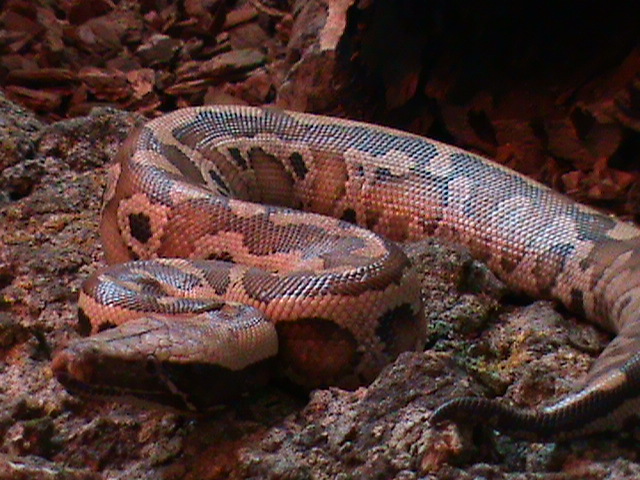
Why Choose a Blood Python?
Blood Pythons are ideal for those who want a snake that’s both visually stunning and full of personality. Their compact size (4–6 feet) and manageable weight (up to 20 pounds) make them a great alternative to larger constrictors like Burmese Pythons. They are also relatively low-energy snakes, spending much of their time coiled up or resting, which can be appealing for keepers who enjoy observing their pets rather than handling them frequently.
However, Blood Pythons are not beginner-friendly. Their specific care requirements and occasional defensive behavior make them better suited for experienced reptile keepers. If you’re up for the challenge, a Blood Python can be a truly rewarding companion.
Handling and Temperament
Blood Pythons have a reputation for being defensive, especially when young or improperly handled. However, with regular, gentle interaction, they often calm down and become more manageable. Their temperament can vary widely, with some individuals being calm and docile, while others remain more skittish or defensive.
Personality Variations
- Some Blood Pythons are calm and tolerate handling well, while others may huff, puff, or strike when feeling threatened.
- Captive-bred individuals tend to be more docile than wild-caught ones, which is why we strongly recommend purchasing from reputable breeders.
Handling Tips
- Always approach your Blood Python calmly and confidently. Sudden movements can startle them.
- Support their entire body when handling, as their heavy build makes them less agile than other snakes.
- Avoid handling during shedding or after feeding, as they may be more irritable during these times.
Biting
While Blood Pythons can bite, it’s usually a defensive response rather than aggression. Their bites are not venomous but can be painful due to their strong jaws. With proper handling and respect for their boundaries, bites are rare.
Care and Maintenance
Blood Pythons have specific care requirements that must be met to ensure their health and well-being. Their natural habitat is humid and warm, so replicating these conditions in captivity is essential.
Enclosure Setup
- Size: A 4x2x1.5-foot enclosure is suitable for an adult Blood Python. Juveniles can be housed in smaller enclosures but will need to be upgraded as they grow.
- Substrate: Use moisture-retaining substrates like cypress mulch, coconut husk, or sphagnum moss. Avoid dry substrates like aspen, as they don’t hold humidity well.
- Climbing Space: While Blood Pythons are not arboreal, they appreciate branches or hides to explore and rest on.
- Hiding Spots: Provide multiple hides on both the warm and cool sides of the enclosure to help your snake feel secure.
Humidity and Temperature
- Humidity: Maintain humidity levels between 60–80%. Use a hygrometer to monitor humidity and mist the enclosure as needed.
- Temperature: Provide a basking spot of 88–92°F and a cooler side in the low 70s. Use an under-tank heater or ceramic heat emitter with a thermostat to regulate temperatures.
Feeding
- Diet: Blood Pythons thrive on a diet of appropriately sized rodents, such as rats. Juveniles should be fed weekly, while adults can be fed every 2–4 weeks.
- Obesity Risk: Avoid overfeeding, as Blood Pythons are prone to obesity. Monitor their body condition and adjust feeding frequency as needed.
Lighting
Blood Pythons do not require UVB lighting, but providing a natural light cycle can help regulate their behavior and metabolism.
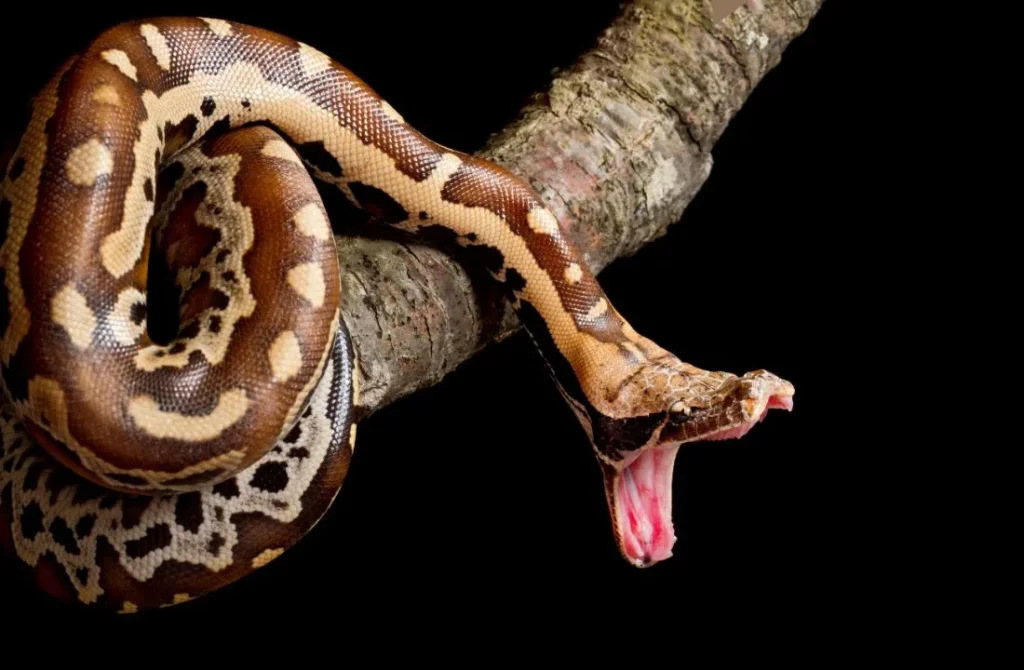
Health and Durability
Blood Pythons are generally hardy snakes, but they are sensitive to environmental changes. Proper care is essential to prevent common health issues.
Common Health Issues
- Respiratory Infections: Caused by improper humidity or temperature. Symptoms include wheezing, mucus around the nostrils, and lethargy.
- Dehydration: Occurs if humidity levels are too low. Signs include wrinkled skin and difficulty shedding.
- Obesity: A result of overfeeding or lack of exercise. Monitor your snake’s body condition and adjust feeding accordingly.
Preventative Care
- Maintain proper humidity and temperature levels.
- Provide a clean and well-ventilated enclosure.
- Schedule regular checkups with a reptile veterinarian.
With proper care, Blood Pythons can live 20 years or more, making them a long-term commitment.
Availability and Cost
Blood Pythons are widely available through breeders, reptile expos, and online retailers. Captive-bred individuals are recommended, as they tend to be healthier and more docile than wild-caught ones.
Where to Buy
- Breeders: The best option for healthy, well-socialized snakes.
- Reptile Expos: Great for meeting breeders and seeing a variety of morphs.
- Pet Stores: Less ideal, but some stores carry Blood Pythons.
Cost
- Snake Price: Standard morphs typically cost $150 to $300, while rare morphs can cost $500 or more.
- Setup Cost: Expect to spend $300 to $600 on an enclosure, heating equipment, and other supplies.
Pros and Cons
Pros
- Striking appearance with vibrant colors and patterns.
- Manageable size compared to other large constrictors.
- Long lifespan (20+ years) with proper care.
- Captive-bred individuals are widely available.
Cons
- Sensitive to humidity and temperature changes.
- Can be defensive, especially when young.
- Requires a specialized enclosure setup.
- Not beginner-friendly.
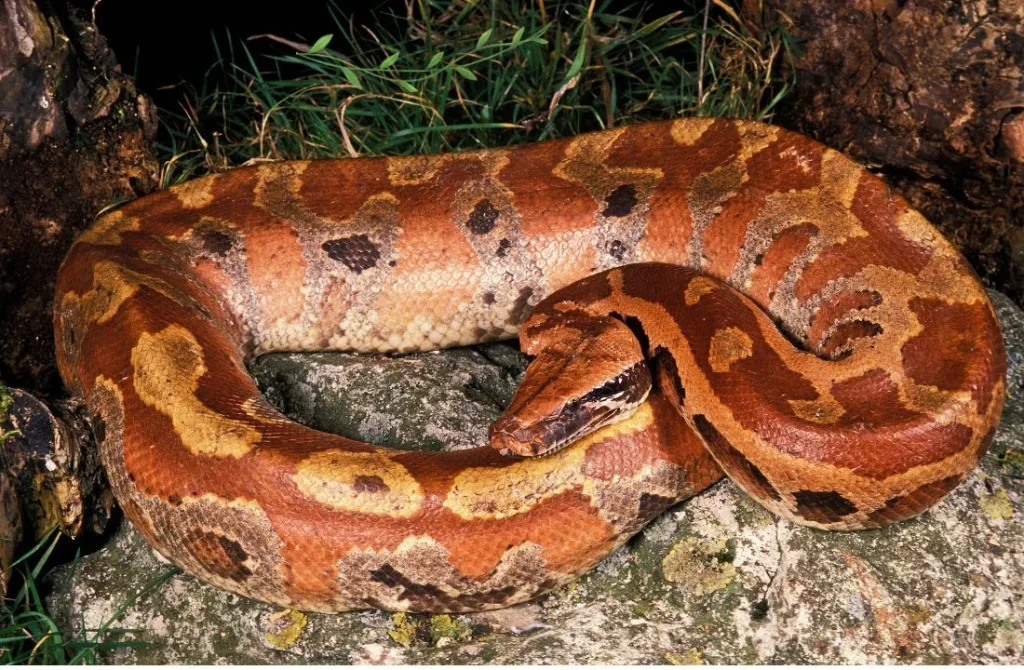
Final Thoughts
Blood Pythons are a fantastic choice for experienced reptile keepers who appreciate their unique beauty and personality. While they require specific care and handling, the effort is well worth the reward of having one of these stunning snakes as part of your family. If you’re prepared to meet their needs and provide a loving home, a Blood Python can be a truly captivating companion.
Have you owned a Blood Python? Share your experiences and tips in the comments below! We’d love to hear how you care for your snake and what makes them special to you.
For more reptile care tips and reviews, stay tuned to our blog and don’t forget to subscribe to our newsletter! 🐍

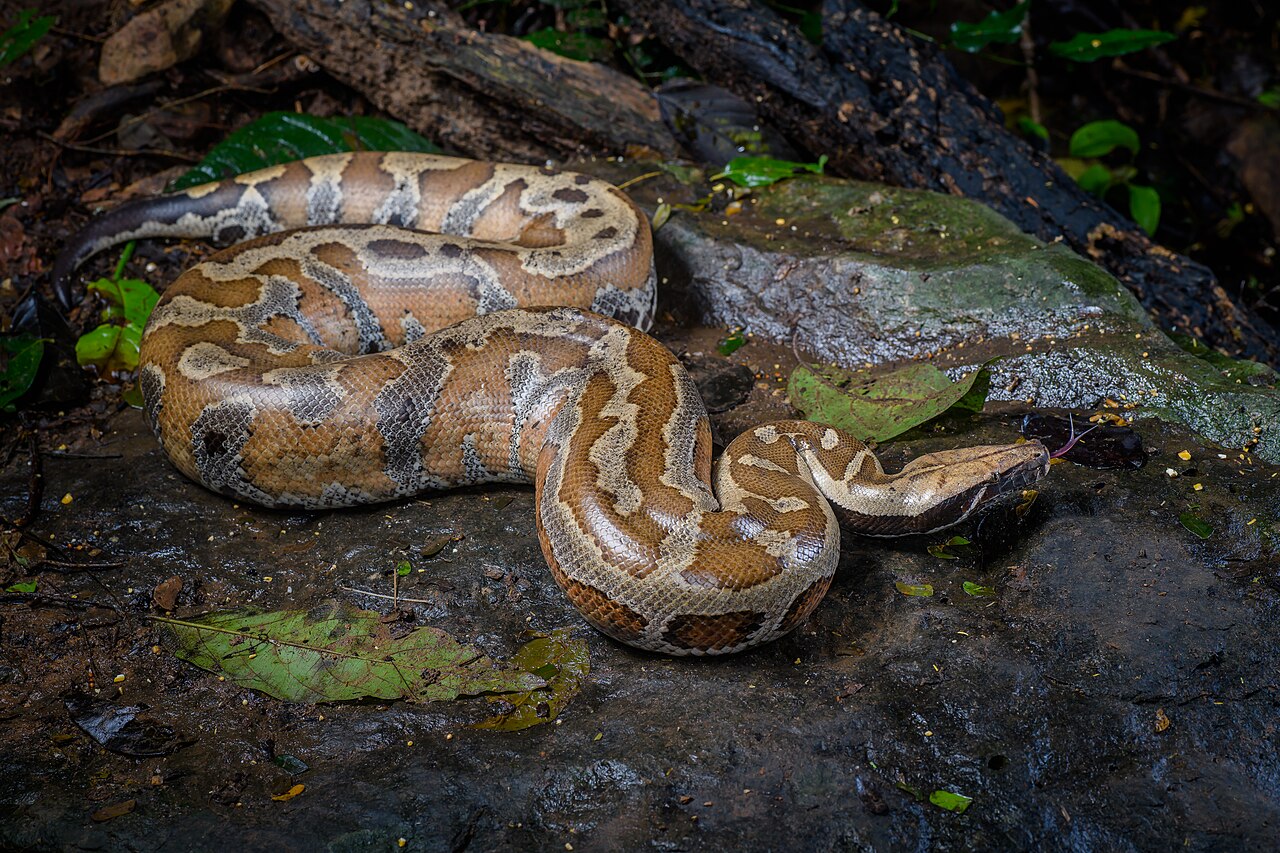

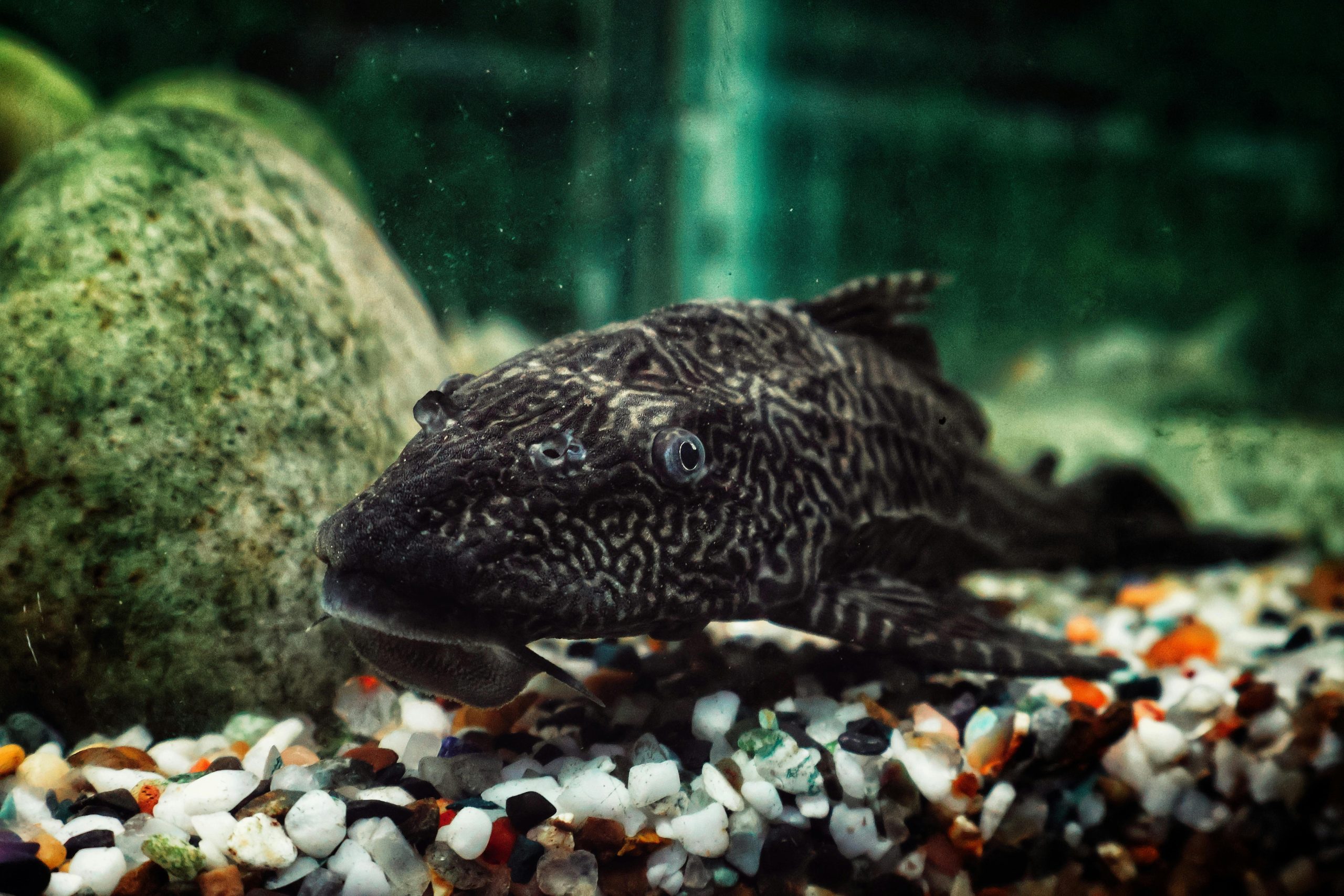
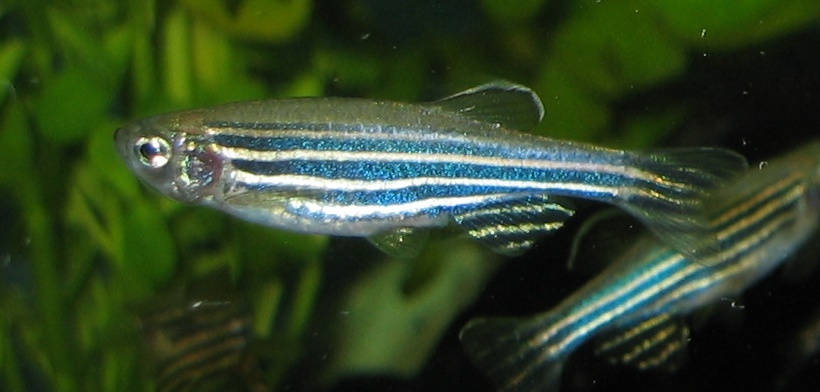
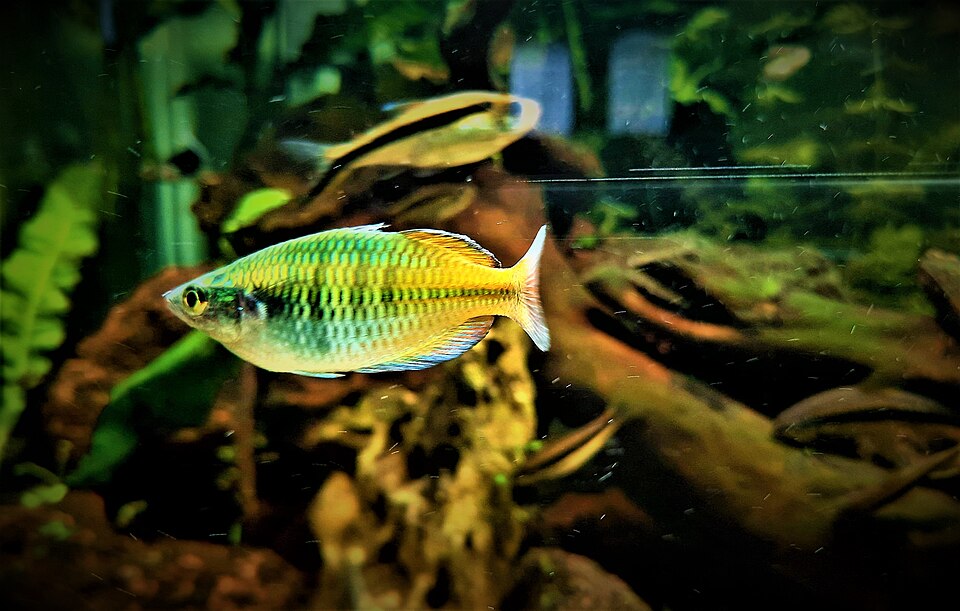
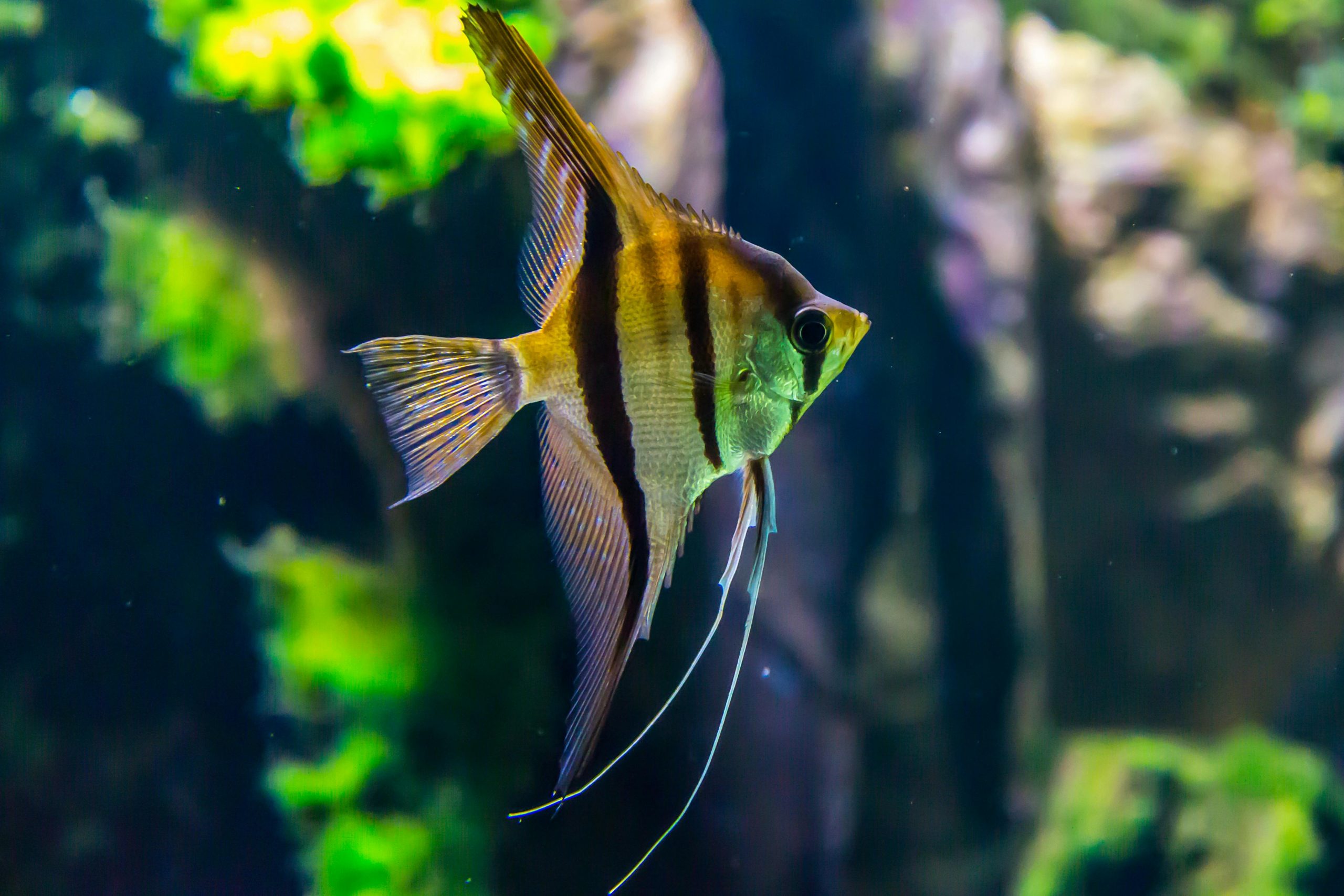
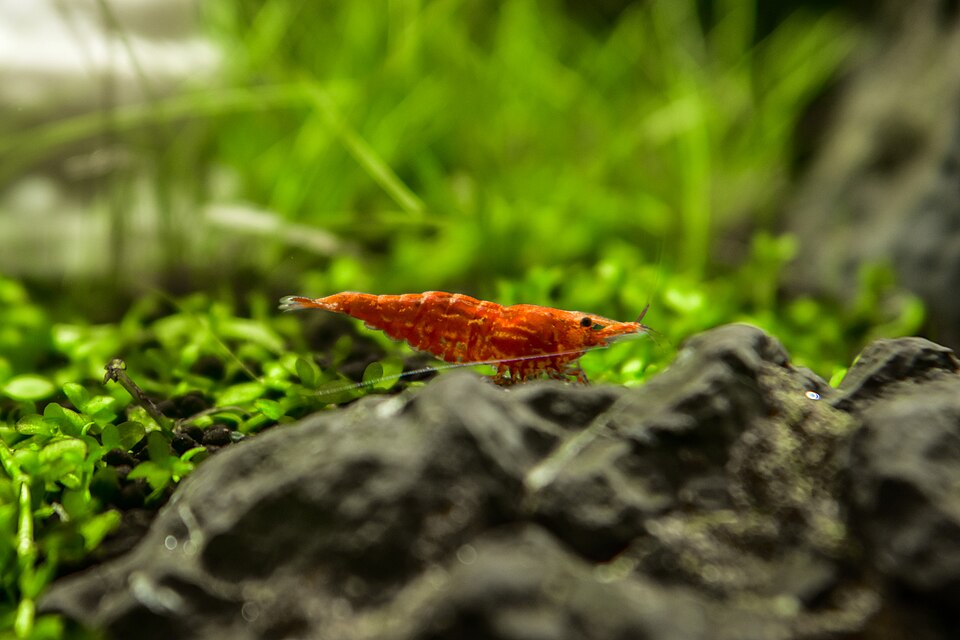
Leave a Reply